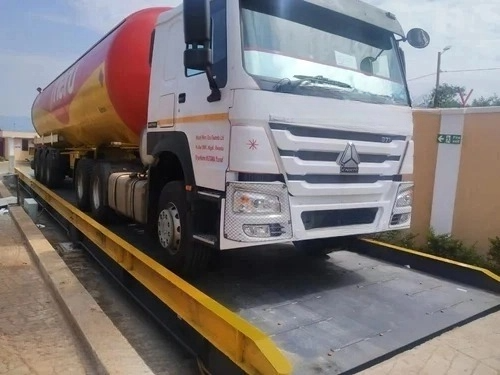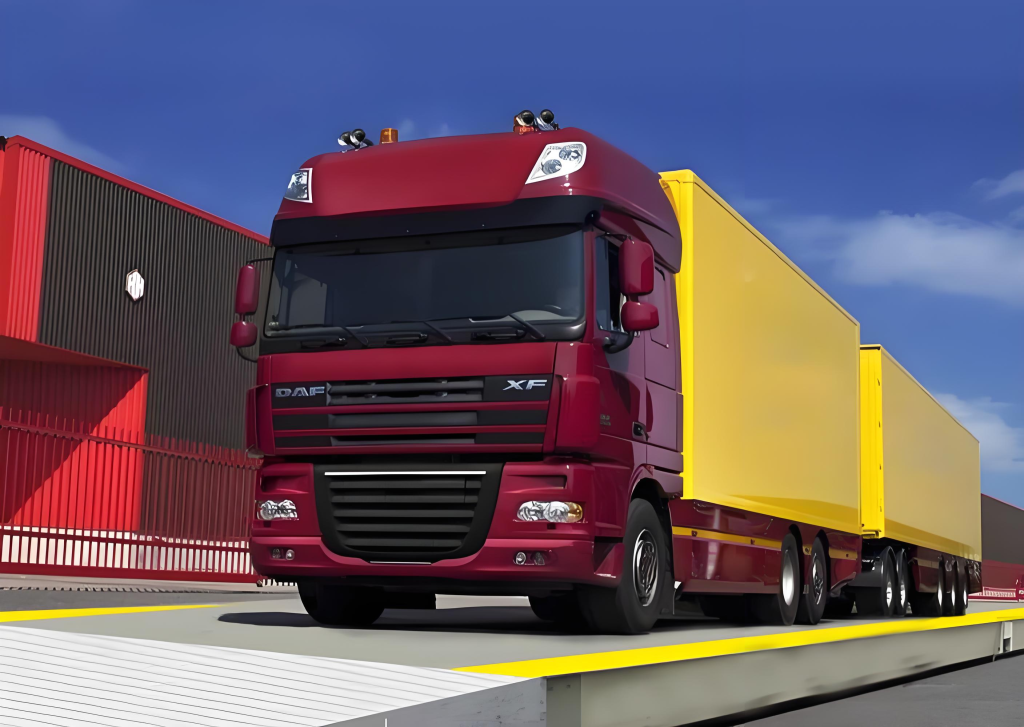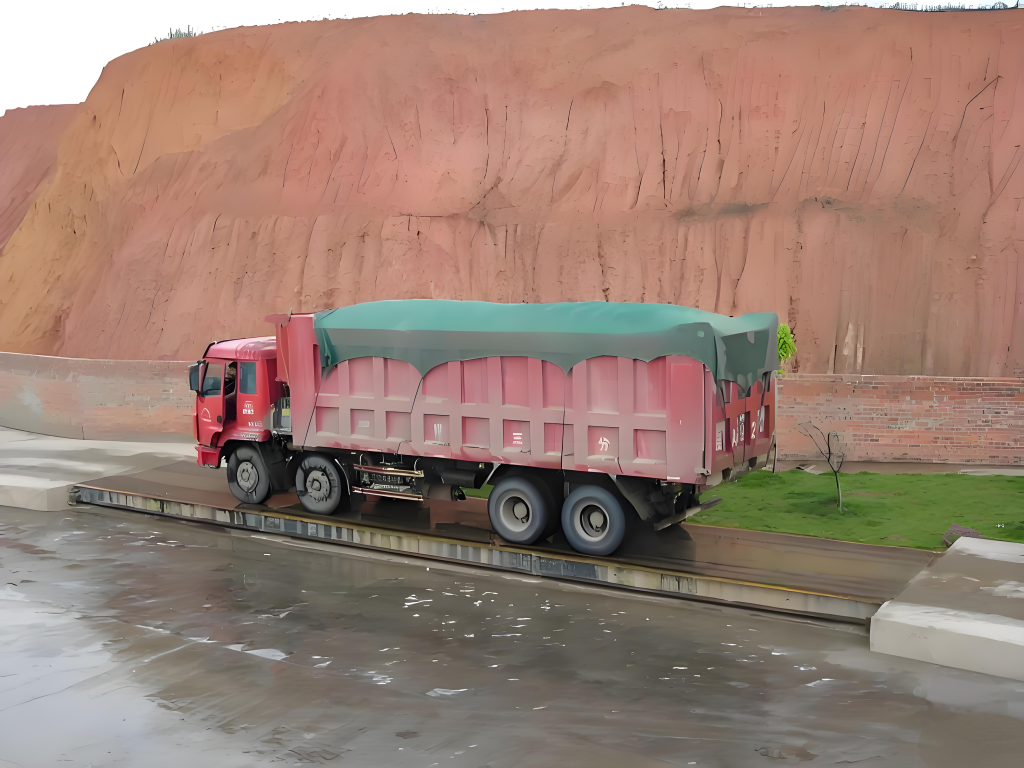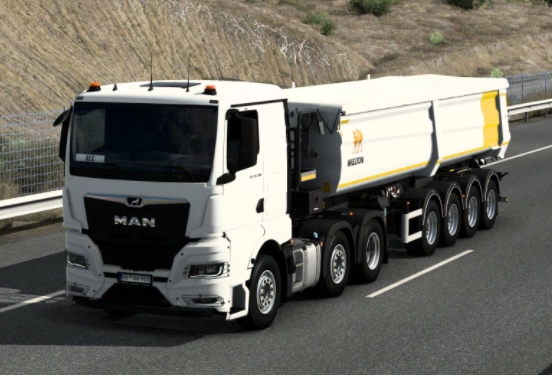Where Can I Weigh My Truck? – 3 Places to Go
As a truck driver or transportation company owner, you may often face an important question: “Where can I weigh my truck?” Truck weighing is not only essential for compliance with traffic regulations but also involves transportation efficiency, cost control, and safety concerns. In this article, we will provide you with the necessary information about truck weighing and an easy way to weigh your truck.
Part 1. Why Do You Need to Weigh Your Truck?
Weighing a truck is not only a standard procedure in the transportation industry but also plays a crucial role in ensuring compliance, safety, and economic benefits. Here’s why truck weighing is important:
Compliance Requirements
In most countries and regions, there are strict regulations that limit the maximum weight a truck can carry while on the road. These weight limits are put in place to protect road infrastructure and ensure that vehicles do not cause undue wear and tear on the roads.
By weighing your truck, you ensure that it does not exceed these limits, helping you avoid fines, penalties, or even the risk of having your cargo delayed or confiscated for non-compliance.
Control Transportation Costs
Knowing your truck’s actual weight helps you better plan your shipments, avoid unnecessary costs, and reduce potential damages to goods or vehicles. Overloading a truck leads to higher fuel consumption, increased tire wear, and the need for more frequent maintenance.
By keeping the weight within acceptable limits, you can ensure a more efficient transportation process, saving fuel costs and reducing the risk of mechanical failures, which ultimately contributes to a better bottom line.
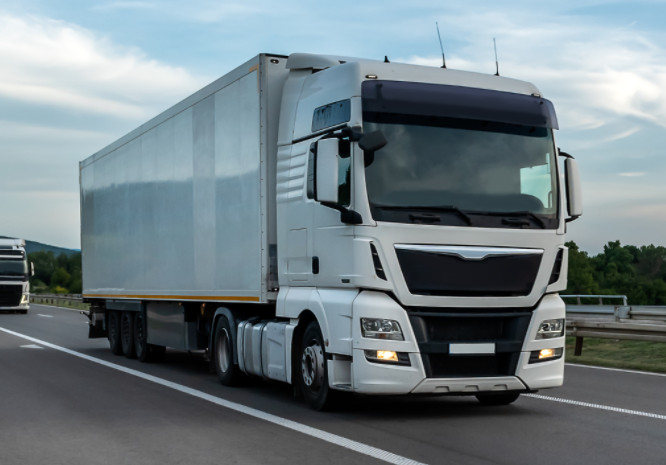
Ensure Safety
Overloading a truck not only affects its performance but also poses significant safety risks. A truck carrying more weight than it is designed for will have longer braking distances, reduced stability, and a higher likelihood of accidents due to compromised handling.
Excess weight puts excessive stress on the vehicle’s suspension, tires, and brakes, increasing the chances of mechanical failures.
By regularly weighing your truck, you ensure it stays within safe operational limits, safeguarding the driver, cargo, and other road users. This contributes to better overall road safety, reducing the likelihood of accidents caused by overloading.
Part 2. Common Truck Weighing Locations
Truck weighing can be done at various locations, and understanding where to weigh your truck is crucial for compliance, safety, and operational efficiency. Here are some common places where truck weighing is available:
Public Truck Scales:
Public truck scales are commonly found at transportation hubs, logistics centers, transport stations, ports, and freight terminals. These locations are designed to cater to truck drivers who need to check their vehicle’s weight before heading out onto the road.
Public scales are usually well-maintained and operated by government authorities or private entities. By using these scales, drivers can ensure their trucks are within legal weight limits, avoiding the risk of fines and penalties for overloading.
Private Truck Scales:
Some large companies, warehouses, or distribution centers may own their own truck scales, providing dedicated weighing services for their fleets. These private scales are often located on-site and are specifically designed to weigh trucks and trailers used by the company.
If you own or manage a transportation company, having access to a private truck scale allows you to perform regular weight checks on your fleet, ensuring accuracy and consistency without relying on external facilities.
This is particularly useful for companies that operate with multiple trucks and need to streamline the process of managing transportation logistics.
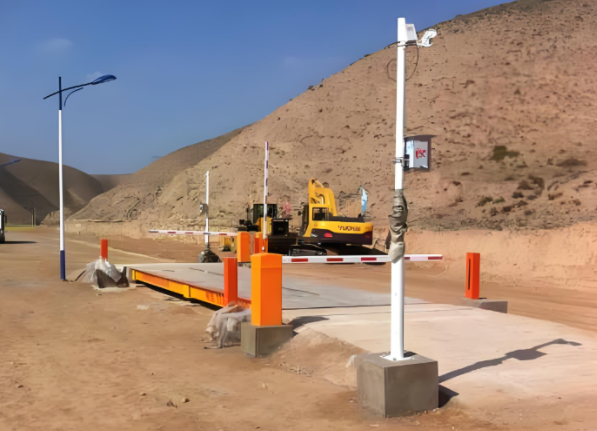
Mobile Truck Scales:
For businesses or regions that are located far from fixed weighing stations, mobile truck scales offer a convenient solution. These scales are portable and can be deployed to remote locations or temporary job sites, allowing truck drivers to weigh their vehicles without having to travel long distances.
Mobile truck scale services are particularly beneficial for areas with limited access to traditional weighing facilities or for companies with mobile operations that require on-site weighing. This flexibility ensures that your truck is accurately weighed, regardless of location, to maintain compliance and safety even in remote areas.
Part 3. How to Find Nearby Truck Scales?
Finding a nearby truck scale is not difficult. Here are a few common ways to locate one:
Online Tools and Websites
Many transportation companies and government agencies provide online tools to locate truck scales, such as the “Truck Weigh Station Locator” in the United States. By entering your location or postal code, you can easily find nearby truck scales.
Truck Stations and Transportation Hubs
Many major truck stations and transportation hubs are equipped with weighing facilities. You can weigh your truck at these locations, which typically provide information on the exact location and operating hours of the scales.
Phone Inquiries
You can also call local logistics companies or trucking associations to inquire about the location of the nearest weigh stations.
When using a truck scale, there are a few important points to keep in mind. Below are some essential details to consider when using a truck scale.
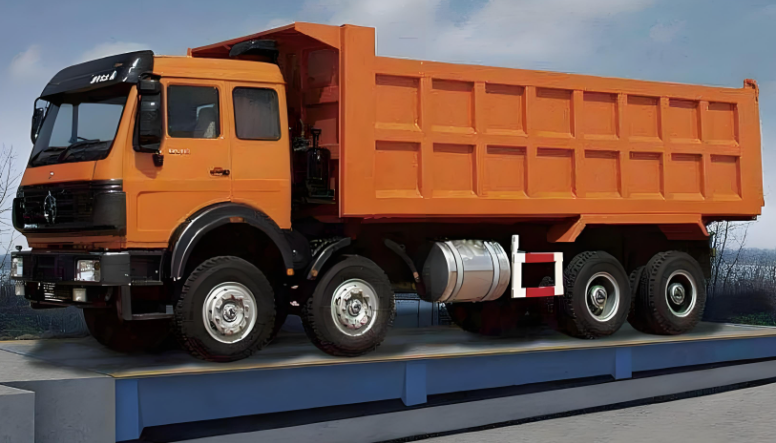
Part 4. How to Prepare and Use a Truck Scale?
Appointment for Weighing
Some truck scales, especially those at large freight centers or private weighing stations, may require an appointment in advance. It’s a good idea to call ahead or visit the website to schedule an appointment, ensuring your truck can be weighed without any delays.
Weighing Process
Once you arrive at the weigh station, you’ll typically need to stop at a designated spot and wait for your turn. The staff will record the weight of your truck both empty (tare weight) and fully loaded (gross weight).
The total weight will then be calculated. The process is usually straightforward and quick, so you won’t need to spend much time at the station.
Fees
Many truck scales charge a fee based on the total weight of your vehicle. The cost can vary depending on the type of truck, its weight, and the nature of the cargo being transported. It’s recommended to check the fee structure in advance to avoid any surprises when you arrive at the weigh station.
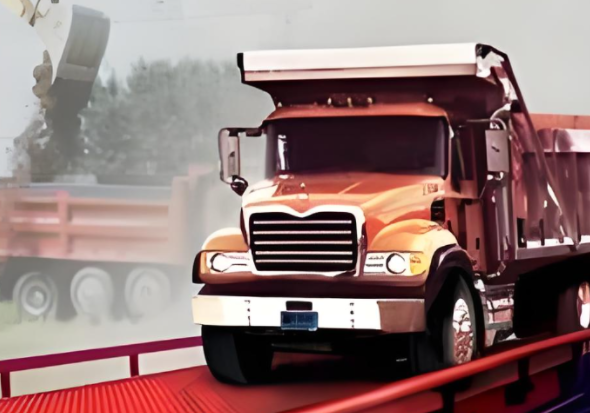
Part 5. Why Choose Bincen Truck Scales?
If you’re looking for high-precision and reliable truck scales, Bincen is the ideal choice for you. As a professional truck scale manufacturer, Bincen offers durable and accurate truck scales that help transportation companies better manage their operations. Whether you need a fixed truck scale or mobile weighing services, Bincen provides solutions to ensure your truck weighing is accurate and reliable.
In Summary
Truck weighing is an essential process that every truck driver or transportation company owner needs to understand. Whether for compliance, cost savings, or ensuring transportation safety, weighing your truck is a crucial step that cannot be overlooked.
We hope this article has provided valuable information about truck weighing and helped you find nearby weighing stations. If you are looking for truck scales, don’t hesitate to contact Bincen for the best weighing solutions.

